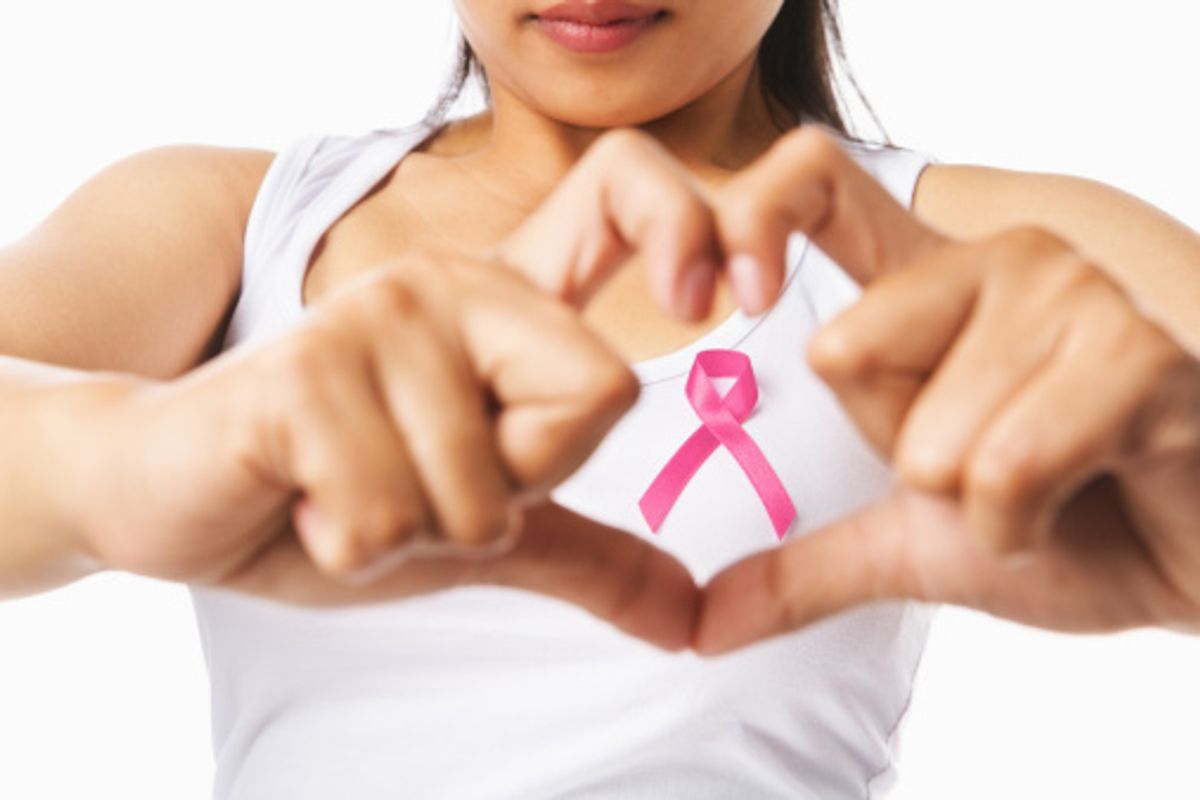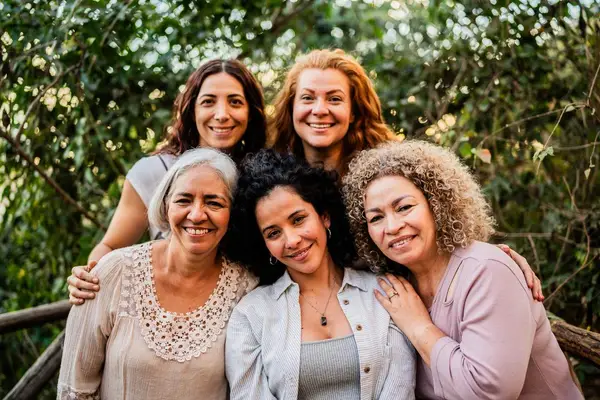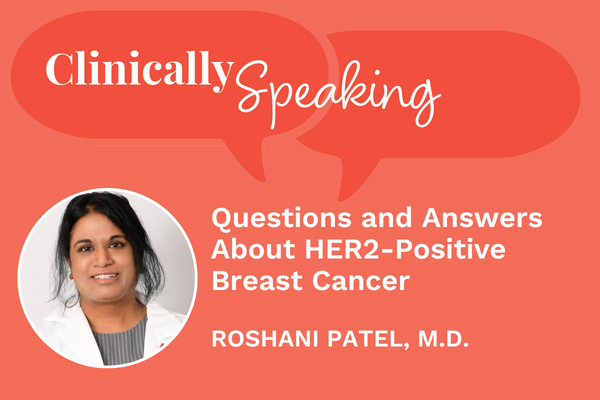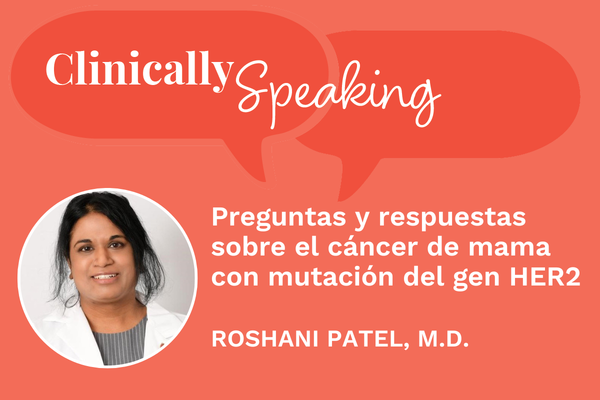Few diseases elicit as many emotions as breast cancer. We all know someone who has dealt with it; we all fear it and feel powerless over it. But despite some contributing factors like family history, toxins in the environment and too many unknowns about what else might cause it to develop, there are some things that can be controlled.
Want to gain some extra information about your risks? Here are some myths and truths that can help you manage the information at hand.
1. Truth: Extra pounds are a risk factor.
Not only does obesity increases your chances of getting breast cancer in the first place, it worsens the outcome in women who have already been diagnosed, according to studies. What's the connection? Fat cells make more estrogen, which can make hormone-receptor-positive breast cancers develop and grow.
MORE: 9 Strategies for Weight-Loss Success
2. Myth: You're only at risk if breast cancer runs in your family.
While there is a genetic component, the fact is that the vast majority of women with breast cancer have no family history. In fact, only 5 percent to 10 percent of all breast cancers are hereditary, due to mutations in genes associated with the disease. The mutations appear more commonly among certain geographic or ethnic groups: people of Ashkenazi Jewish descent and people of Norwegian, Icelandic or Dutch ancestry.
3. Truth: Exercise can help decrease your risk.
What's more, in the long run, it keeps you healthy if you have already been diagnosed, reducing your risk of recurrence. Exercising four or more hours a week may play a hand in decreasing levels of circulating hormones, like estrogen, that may contribute to some breast cancers. The effect of exercise on breast cancer may be greatest among premenopausal women who are of normal or low weight. And by helping you maintain a healthy weight, exercise helps with another risk factor-obesity (see item 1).
MORE:
Get Motivated: The Workout You Won't Cancel
4. Truth: Dense breasts increase your risk.
There are two things at play here. Since both dense breast tissue and tumors appear white on mammograms, it's harder to detect breast cancers in women with dense breasts. What's more, high density is also linked with an increase in tumors.
MORE: Estrogen
5. Myth: Dense breasts increase a woman's chance of dying from the disease.
While having dense breast tissue is a known factor in increasing your risk, it does not increase your odds of death if you do develop the disease, compared to other breast cancer patients, according to a new study.
6. Truth: Drinking and smoking both contribute to the risk of breast cancer.
Having two drinks a day increases your risk by 21 percent, according to studies. And in one study, smokers had a 16 percent higher risk than subjects who never smoked.
7. Myth: Breast self-exams are the best way to catch early breast cancer.
Neither breast self-exams nor clinical breast exams have been found to decrease the risk of dying from breast cancer, according to the Centers for Disease Control and Prevention (CDC). They may be used in conjunction with mammograms to help catch breast cancer early, but self-exams shouldn't be your only screening tool.
8. Truth: Mammograms are most important.
According to 73 percent of doctors recently surveyed by Health Magazine, along with the American College of Obstetricians and Gynecologists (ACOG), mammograms are the most important screening tool for diagnosing breast cancer. Results from randomized controlled trials and other studies show that screening mammography can help reduce the number of breast cancer deaths among women ages 40 to 70, especially for those over age 50.
- Hormones and Breast Cancer Risk: What’s the Connection? ›
- What You Need to Know About Menopause and Breast Cancer ›
- Fast Facts: What You Need to Know About Genetics and Breast Cancer Risk ›
- Where You Live, Work, Learn and Play Can Affect Your Breast Health ›







